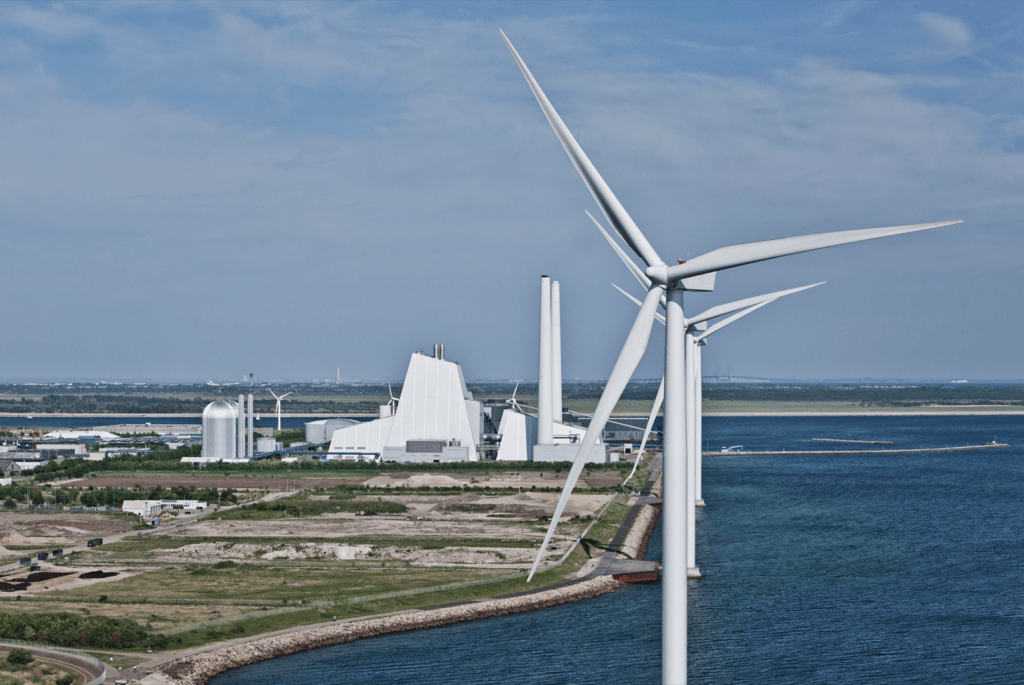The Danish Energy Agency (DEA) has granted Ørsted a 20-year agreement for its carbon capture and storage (CCS) initiative called the ‘Ørsted Kalundborg Hub’. Under this project, Ørsted will implement carbon capture technology at its Asnæs Power Station, which runs on wood chips, located in Kalundborg, western Zealand, as well as at the Avedøre Power Station’s straw-fired boiler in the Greater Copenhagen area.
Ole Thomsen, Senior Vice President and Head of Ørsted’s Bioenergy business, expressed satisfaction with the tender results and emphasized the importance of carbon capture and storage in combating climate change, as recommended by the UN’s Intergovernmental Panel on Climate Change (IPCC). The CCS project by Ørsted will significantly contribute to achieving Denmark’s climate targets for 2025 and 2030, as mandated by the government.
Starting in 2025, the Asnæs and Avedøre combined heat and power plants will commence capturing and storing approximately 430,000 tonnes of biogenic carbon annually. This project will mark the initial step in establishing a large-scale CO2 infrastructure throughout Denmark. The Asnæs Power Station will not only function as a hub for Ørsted’s biogenic CO2 capture and shipping but also potentially for capturing CO2 emitted by other sources.
Ørsted has partnered with Aker Carbon Capture, a leading Norwegian company in carbon capture technology, to implement their field-proven and proprietary carbon capture technology called Just Catch™. Aker Carbon Capture will deliver five Just Catch™ units, which are modular and configurable, facilitating efficient production and deployment of carbon capture units.
The captured 430,000 tonnes of biogenic CO2 from the Asnæs and Avedøre combined heat and power plants will be transported to the Northern Lights storage reservoir in the Norwegian part of the North Sea. Ørsted has signed a contract with Northern Lights, which is developing a CO2 transport and storage infrastructure. The first phase of the Northern Lights project is set to conclude in 2024 and represents the most advanced carbon storage site in the North Sea.
By capturing biogenic carbon emissions from biomass-fired combined heat and power plants and storing them underground, it becomes possible not only to reduce but also remove CO2 from the atmosphere. As the biogenic carbon originates from sustainable biomass and is part of a natural carbon cycle, this process enables the generation of negative emissions.
